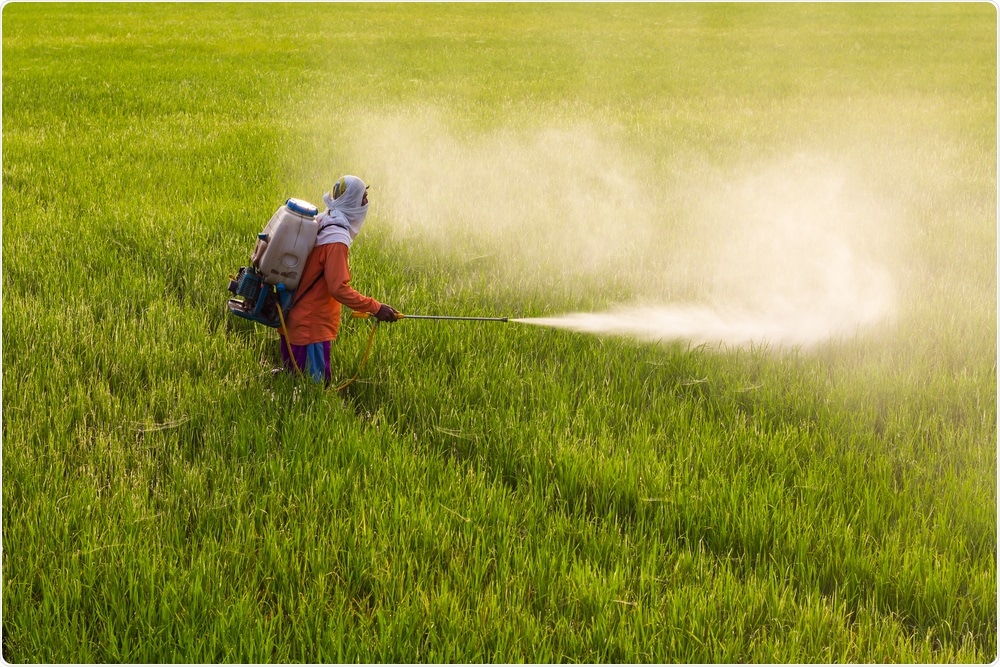
Common herbicide found to increase the risk of Non-Hodgkin Lymphoma
A new study has shown that the herbicide glyphosphate, could increase the risk of cancer by 41 percent among those who are exposed. The findings were published this week in the journal Mutation Research/Reviews in Mutation Research.
 Kaentian Street | Shutterstock
Kaentian Street | ShutterstockGlyphosphate is a popular herbicide used worldwide. For this study, the researchers conducted a meta-analysis using existing studies on the weed killer. They found that exposure to this weed killer has a significant effect on the risk of developing Non-Hodgkin Lymphoma (NHL), a cancer of the immune system.
In 2015, the World Health Organization’s International Agency for Research on Cancer said that glyphosphate is “probably carcinogenic to humans.” The US Environmental Protection Agency in 2017 however had said that the herbicide “is not likely to be carcinogenic to humans”, a statement that was supported by the European Food Safety Authority.
In 2017, Bayer also said that glyphosate is a “safe and efficient weed control tool.” This lead to around 800 people suing Mosanto and the owner of Bayer AG that year, over claims that glyphosphate containing Monsanto’s Roundup was the cause of non-Hodgkin's lymphoma. This figure rose to around 9000 by 2018.
For the study, the team of researchers looked at published studies on the effects of glyphosate on humans as well as animals between 2001 and 2018.
The results of the meta-analysis revealed that among people with “highest exposure” to the herbicide, there was a “compelling” association with development of NHL.
Authors agree, however, that the data on the chemical directly causing cancer was limited. They write that since the middle of the 2000s, the rise in “green burndown” farming, which involves applying glyphosate herbicides to all crops before they are harvested, has resulted in a huge increase in exposure to the chemical.
Bayer refuted the claims, stating that the results were due to “statistical manipulation” and there were “flaws” in the study design and methods. They said that the study, “provides no scientifically valid evidence that contradicts the conclusions of the extensive body of science demonstrating that glyphosate-based herbicides are not carcinogenic.”
Lead author, Lianne Sheppard, professor in biostatistics and environmental and occupational health sciences explained that the connection was real – the herbicide was indeed carcinogenic.

































No hay comentarios:
Publicar un comentario